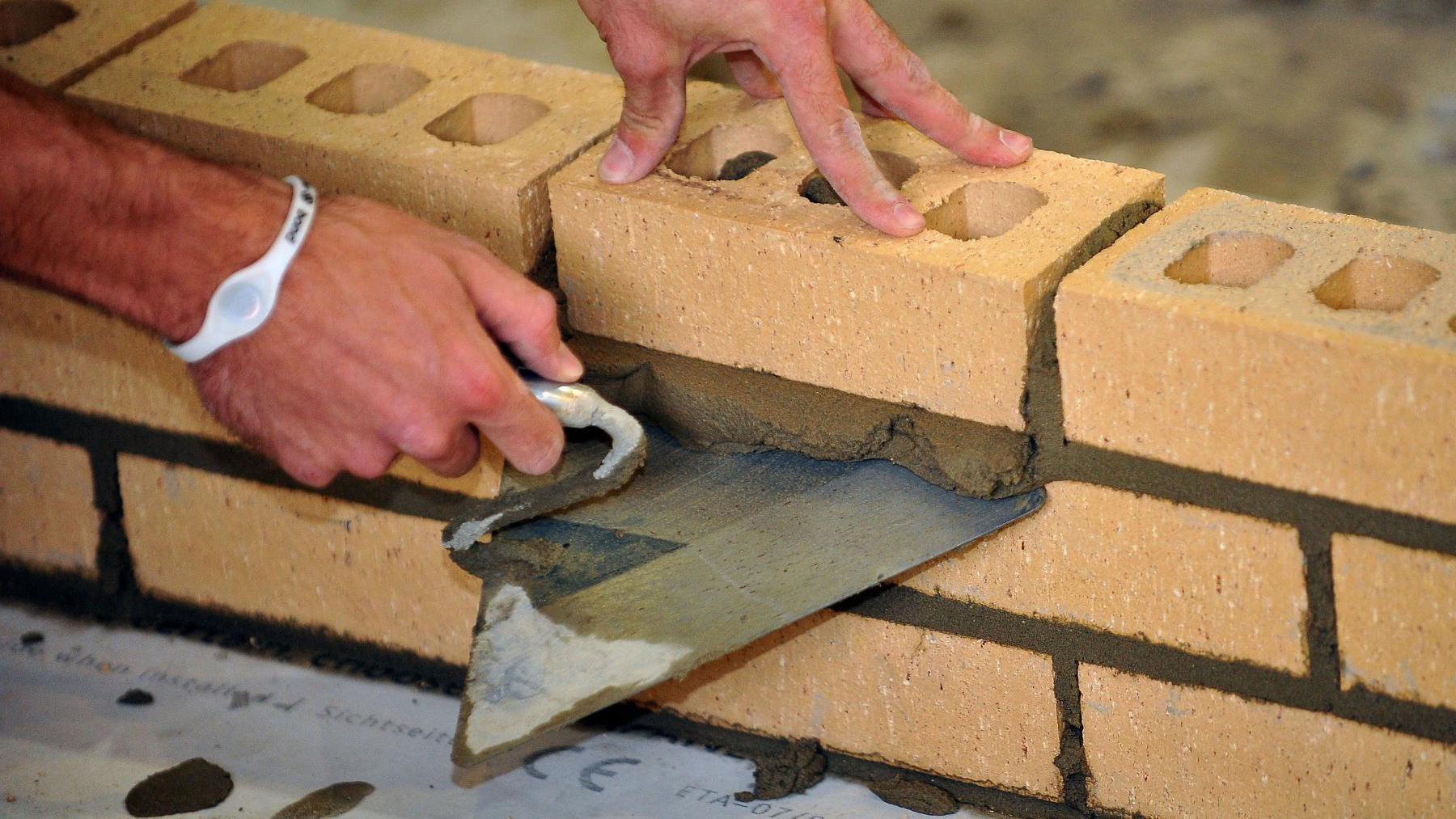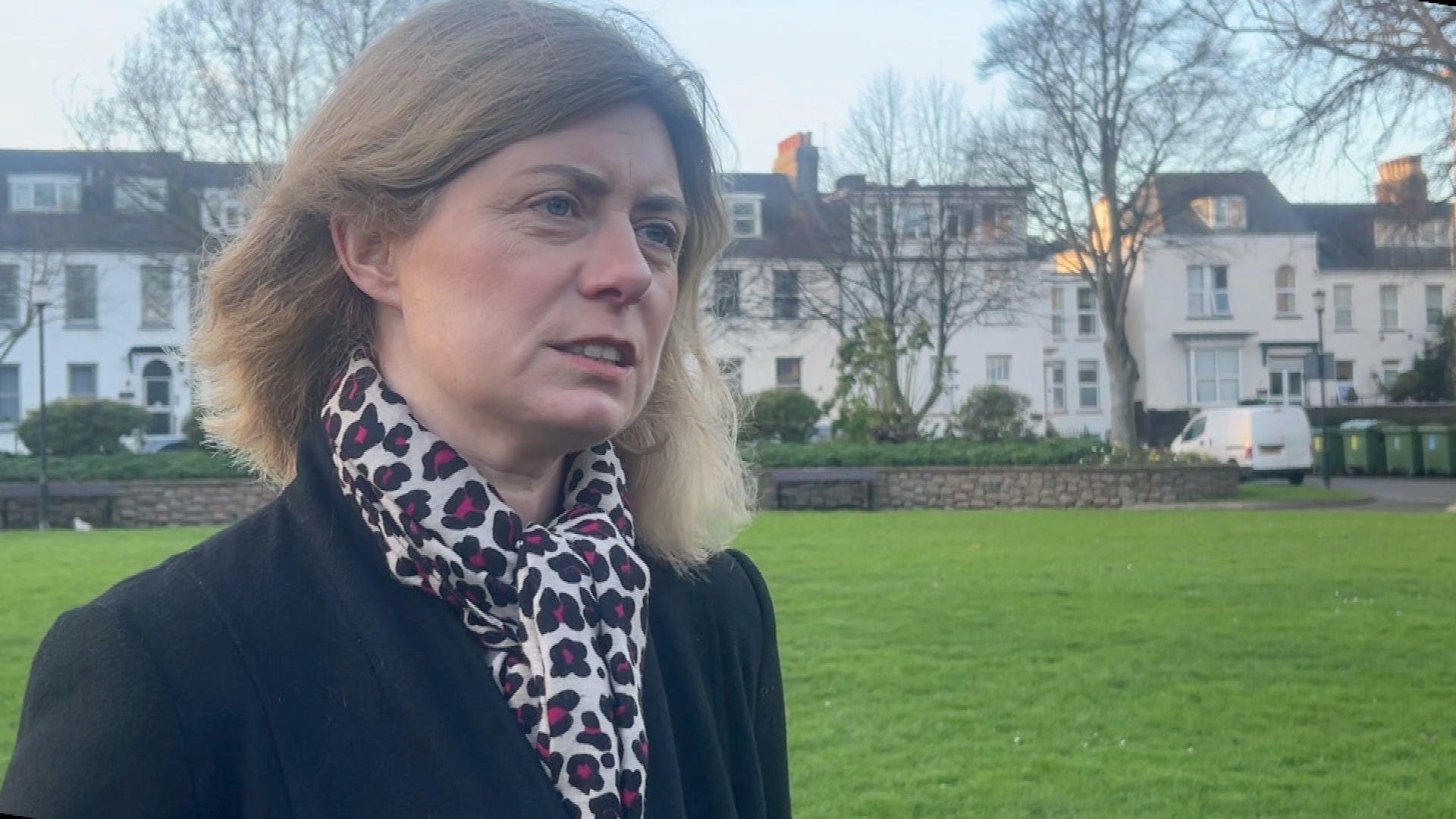Firms worried about minimum wage for trainees

Grants to offset an increased minimum wage for trainees run out at the end of 2026
- Published
Business leaders in Jersey are worried paying trainees the full minimum wage may reduce the number of training opportunities available, when some grants to offset the rise end next year.
The island's government scrapped the reduced trainee minimum wage rate in 2024, meaning all trainees are now paid the full minimum wage of £13 an hour.
Firms were able to apply for grants to offset the increase, but with these finishing at the end of 2026 Jersey's Chamber of Commerce said it was "concerned" about the impact on businesses and trainees.
The BBC understands early figures suggest a similar number of people have taken up training places in 2025 as the previous year.
A spokesperson for the chamber said "requiring all trainees to be paid the full minimum wage, regardless of experience or productivity" could reduce "meaningful training opportunities".
They said the change could have "significant implications", especially for "young people entering the workforce for the first time who represent a vital part of Jersey's future workforce".
Before the change the minimum wage for first-year trainees was £7.87 an hour and £9.19 for second-year trainees, compared to a full rate of £10.50 in 2023.
The States voted to get rid of the trainee rate in 2023 following a proposal from Deputy Max Andrews.
Firms are currently able to apply for a £2,000 Better Business Grant, external to help cover each trainee's wages and up to £1,600 a year to help with course costs, external from a separate ongoing scheme.
However, the £2,000 grants are due to finish at the end of 2026.
The chamber said it had now launched a survey, external to understand the "real-world impact".
Follow BBC Jersey on X, external and Facebook, external. Send your story ideas to channel.islands@bbc.co.uk, external.
Related topics
- Published22 April

- Published31 March

- Published19 February
